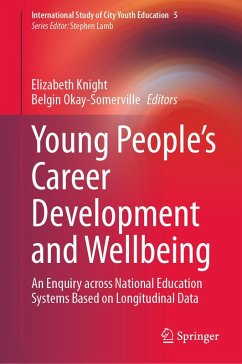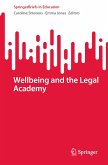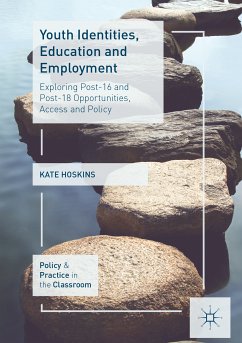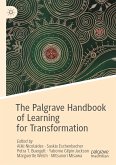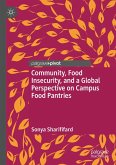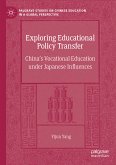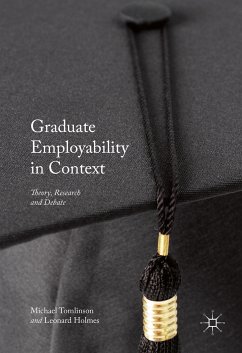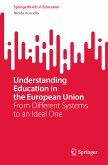Following a foreword by Professor Stephen Lamb (the Springer International Study of City Youth series editor) and introduction by the editors, the book consists of empirical chapters based in six national and educational contexts, focusing specifically on schooling, higher education and transitions between compulsory schooling and young adulthood. Each national context chapter generates insights based on a longitudinal cohort study with at least two data points concerning information on young people's career development and wellbeing. The empirical chapters are followed by discussion and conclusion chapters by the editors. The editors reflect on the evidence generated in this book and question what we know about the relevance of career development experiences on young people's wellbeing during education-to-work transitions. Implications of these empirical findings on career interventions and policy making across the educational systems are discussed.
The contributions in this book show that career development experiences while in education matters, not only for employment outcomes, but also for our subjective wellbeing in early careers. Key conclusions point towards a need for theoretically integrating: (i) the sensemaking role of time; (ii) resource-based approaches to careers; as well as (iii) the efficacy of career development experiences to overcome structural inequalities. Methodologically, this book shows the value of nationally representative longitudinal datasets that focus on young people's educational and labour market experiences.
Dieser Download kann aus rechtlichen Gründen nur mit Rechnungsadresse in A, B, BG, CY, CZ, D, DK, EW, E, FIN, F, GR, HR, H, IRL, I, LT, L, LR, M, NL, PL, P, R, S, SLO, SK ausgeliefert werden.

